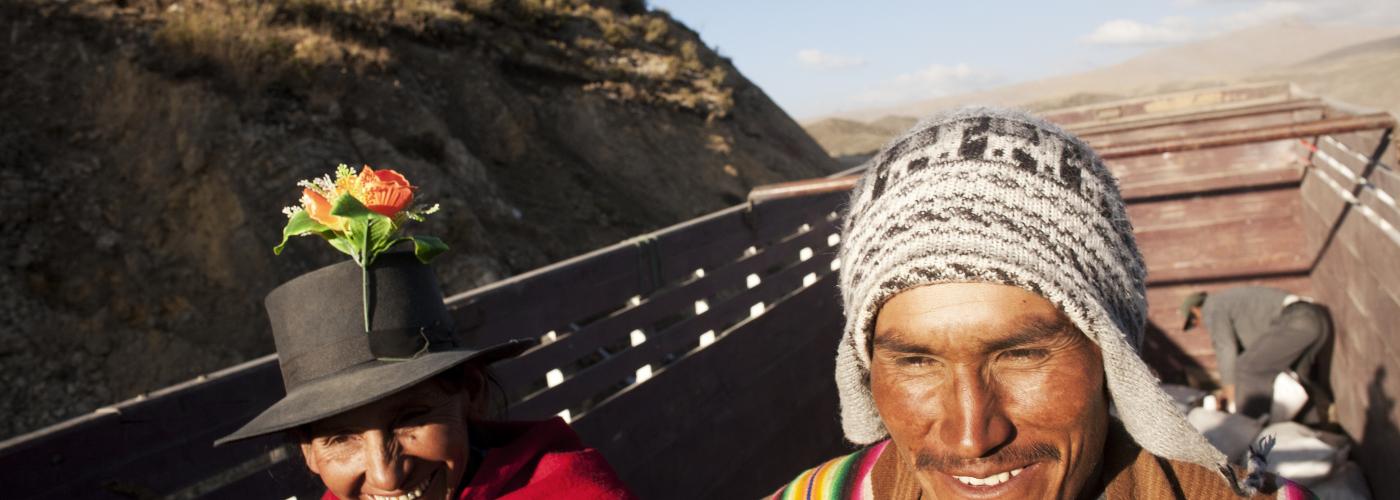General information
Title
UNHCR - "Contribution in support of people of concern to UNHCR in Lebanon, Syria, Mali and Niger"
ID
XM-DAC-2-10-6880
CRS ID
PJ/2022/06
Start date
End date
Activity status
Completion
Budget
€2.000.000
Actor
UN Office of the High Commissioner for Refugees UNHCR_HCR - UNHCR - PRT
Country
SYRIA
Sector
Humanitarian Aid - Material relief assistance and services
Policy markers
Nutrition 1
Disability 1
Gender 1
Good Governance 1
RMNCH: Reproductive, Maternal, Newborn and Child Health 2
Aid type
Contributions to single-donor funding mechanisms
Fragile state
No
Least developed country
No
Budgetline
54 52 356083 Humanitarian projects
Finance type
GRANT
Tied status
No
Flow type
ODA
Body
General
The Syria crisis has now entered its twelfth year with no indications of a resolution. From 2021 to 2022, the number of people needing humanitarian assistance increased from 13.4 million to 14.6 million due to the deteriorating socio-economic situation in the country. There are some 6.9 million internally displaced people in Syria, including many who have been displaced multiple times.
The crisis in Syria continues to impact the protection and wellbeing of vulnerable children. The deteriorating economic situation has forced an increasing number of families to pull their children out of school to work and support their families, increasing risks faced by children.
A decade of crisis has also had a significant impact on the education sector. Access to education and the quality of such services are severely limited across the country. Many schools have been destroyed or damaged and there is a general shortage of teachers. This situation has resulted in an acute need for additional learning spaces for displaced, returnee and host community children. In areas where schools are available, learning environments tend to be unconducive due to largescale destruction, overcrowding, lack of school furniture and supplies, and insufficient heating and sanitation facilities.
The 2021 Multi-Sector Needs Assessment estimated that over 7 million children (3-17 years old) need education support in Syria and 18% of children are not attending any form of education. The recent spread of COVID-19 has also created new gaps. School attendance was interrupted during the 2019-2020 and 2020-2021 academic years, leading to school dropouts and setbacks in learning. School dropout exposes children to protection threats such as child labour mainly for boys and early marriage mainly for girls. Meanwhile the limited availability of non-formal education services reduces opportunities for children to return to school.
UNHCR’s protection strategy follows a rights and community-based approach. It emphasizes community mobilization and self-reliance to reduce vulnerabilities and protection risks by providing integrated protection services. Services range from legal aid, education, psychosocial support, gender-based violence prevention and response and child protection interventions, in accordance with humanitarian needs.
The objective of this project is to increase access of school-age children to formal education. Throughout the implementation of the project’s proposed activities displaced, returnee, refugee children, as well as children of host communities will benefit from education support, which in turn will have an important impact on their protection and the prevention of child labour and early marriage among other risks.
Results
The project, funded by the generous support of the Government of Belgium, aims to contribute to the education activities provided by UNHCR to vulnerable displaced, returnee, refugee children, as well as children of host communities in Syria. These activities are outlined below.
Accelerated learning programmes
UNHCR provides non-formal education support in the form of remedial and catch-up classes, as well as homework cafés to support returnee, displaced, and refugee children, as well as children of host communities visiting community centres.
Catch-up classes: ssupport children who dropped out of school or had their education interrupted to help them make up for missed classes and facilitate their reintegration back into the public education system.
Remedial classes: provision of learning support to students who are at risk of dropping out of school or are behind their counterparts in school performance and prepare them for mid-year and final exams.
Homework cafés: children attend activities where teachers assist them to do their homework and review their lessons.
Improving access to formal education through school infrastructure improvement
The prolonged crisis created a gap in the education infrastructure, with thousands of schools either damaged or destroyed. UNHCR together with its partners implement basic school infrastructure repairs and improvements to facilitate safe access to formal education. These activities include the repair of partially damaged classrooms and water and sanitation facilities ensuring accessibility to all children, including girls and children with disabilities. These interventions are part of UNHCR’s efforts to improve the school protection environment.


